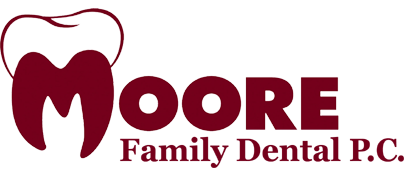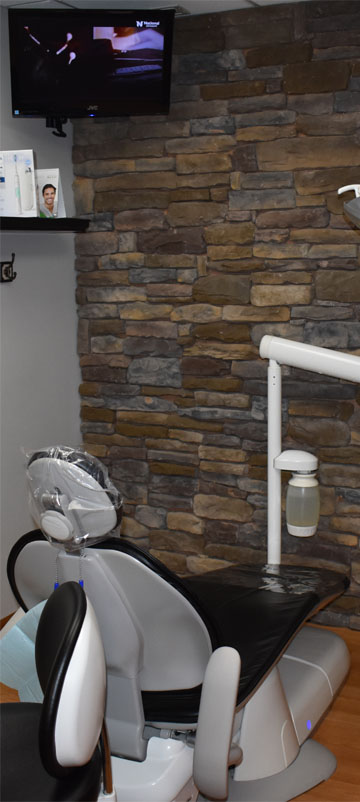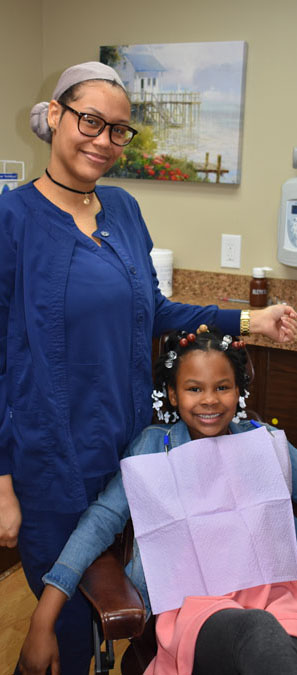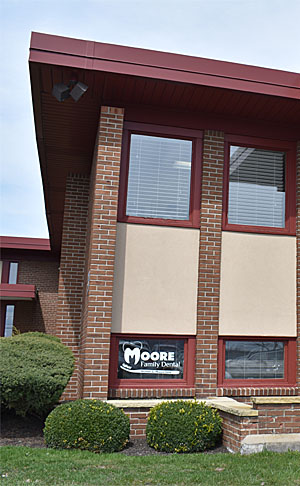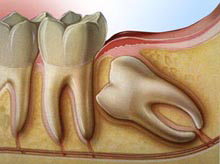 Wisdom teeth are also known as third molars; they can erupt anytime from the late teens through the early twenties. Many people wonder what they should do about these teeth. Are they just normal new molars? If so, why do so many people have their wisdom teeth removed? Is there an optimal time to remove them? Do they still need to be removed even if there are no problems with them? What if they are not removed?
Wisdom teeth are also known as third molars; they can erupt anytime from the late teens through the early twenties. Many people wonder what they should do about these teeth. Are they just normal new molars? If so, why do so many people have their wisdom teeth removed? Is there an optimal time to remove them? Do they still need to be removed even if there are no problems with them? What if they are not removed?
The American Dental Association (ADA) recently reported on a news conference held by the American Association of Oral and Maxillofacial Surgeons (AAOMS) to address the issue of third molars.
‘Even when wisdom teeth are not diseased or symptomatic when they come into the oral cavity, their position and location in the mouth makes them difficult to keep clean and supports the accumulation and spread of harmful bacteria which can lead to more serious conditions later in life,’ the AAOMS said in a news release. ‘Importantly, the local and systemic health implications of asymptomatic wisdom teeth are far broader than previously thought.’
The asymptomatic aspect is a tricky one; many people assume that the teeth are fine if they do not hurt or cause problems. However, the problems can occur even when the teeth seem normal.
Despite the considerable concern regarding impacted third molars, a recent study sponsored by the American Association of Oral and Maxillofacial Surgeons and the Oral and Maxillofacial Surgery Foundation finds that third molars which have broken through the tissue and erupted into the mouth in a normal, upright position may be as prone to disease as those third molars that remain impacted.
Unfortunately, even if there is no pain involved the damage can become even greater over time. The AAOMS reports that “impacted wisdom teeth are more likely to cause problems as patients age.” Waiting can make “the circumstances can be much more painful and the teeth more difficult to treat.” Ultimately, “It is estimated that about 85% of third molars will eventually need to be removed.” For all of these reasons, people are advised to have their wisdom teeth removed at a younger age; the AAOMS recommends removal “by the time the patient is a young adult in order to prevent future problems and to ensure optimal healing.”
The American Dental Hygienists’ Association (ADHA) offers further incentive to have the wisdom teeth removed at a young age.
Retention of visible third molars makes people more susceptible to periodontal disease around the second molar in middle age and later, according to research published in the Journal of Oral and Maxillofacial Surgery. Adults aged 52–74 who had had their ‘wisdom teeth’ removed were one-and-a-half times less likely to have periodontal disease at that site.
As with other issues related to your oral health, you may have additional questions or concerns about wisdom teeth. You do not have to wrestle with these issues alone. The staff members at Moore Family Dental are always happy to answer questions and provide any additional information you need.
